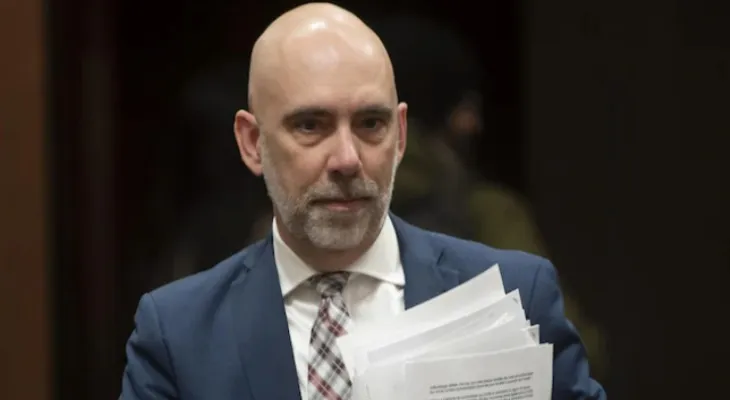Search here
Newspaper
Search here

Arab Canada News
News

Published: October 13, 2023
A report issued by the Canadian parliamentary budget officer, Yves Giroux, on Thursday (October 12), stated that single-payer universal drug coverage will require the federal government and Canadian provincial governments to pay CAD 11.2 billion in the first year, increasing to CAD 13.4 billion.
However, the report also expects that implementing universal drug coverage could save some of the spending on drugs, providing CAD 1.4 billion in savings in the fiscal year 2024-2025 and CAD 2.2 billion in the fiscal year 2027-2028. This is because, after the implementation of universal drug coverage, individual drug purchasers have greater bargaining power in price negotiations.
Currently, 46% of Canadian medical drug costs are covered by provincial governments, 40% by private insurance companies, and 14% is paid from their own funds.
Furthermore, implementing universal drug coverage is one of the New Democrats' conditions for supporting the Liberals in the House of Commons. The Canadian government is expected to present comprehensive drug coverage legislation before the Christmas holiday.
The Canadian Life and Health Insurance Association issued a statement on Thursday saying that universal drug coverage would create unnecessary waste and undermine current employer-sponsored health insurance.
If universal drug coverage is implemented, the demand for drug insurance provided by private insurance companies is expected to significantly decrease. However, the non-profit Council of Canadians welcomed the parliamentary budget officer's report. The committee issued a statement saying that the only party benefiting from the current fragmented health insurance system is the pharmaceutical industry.
Comments